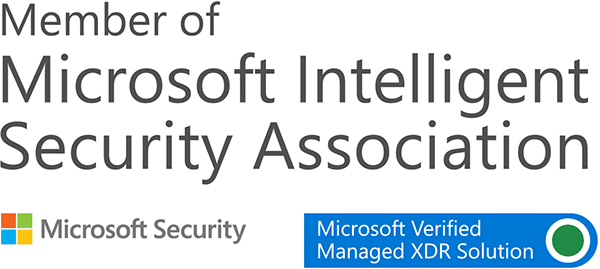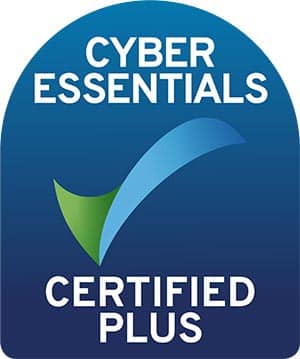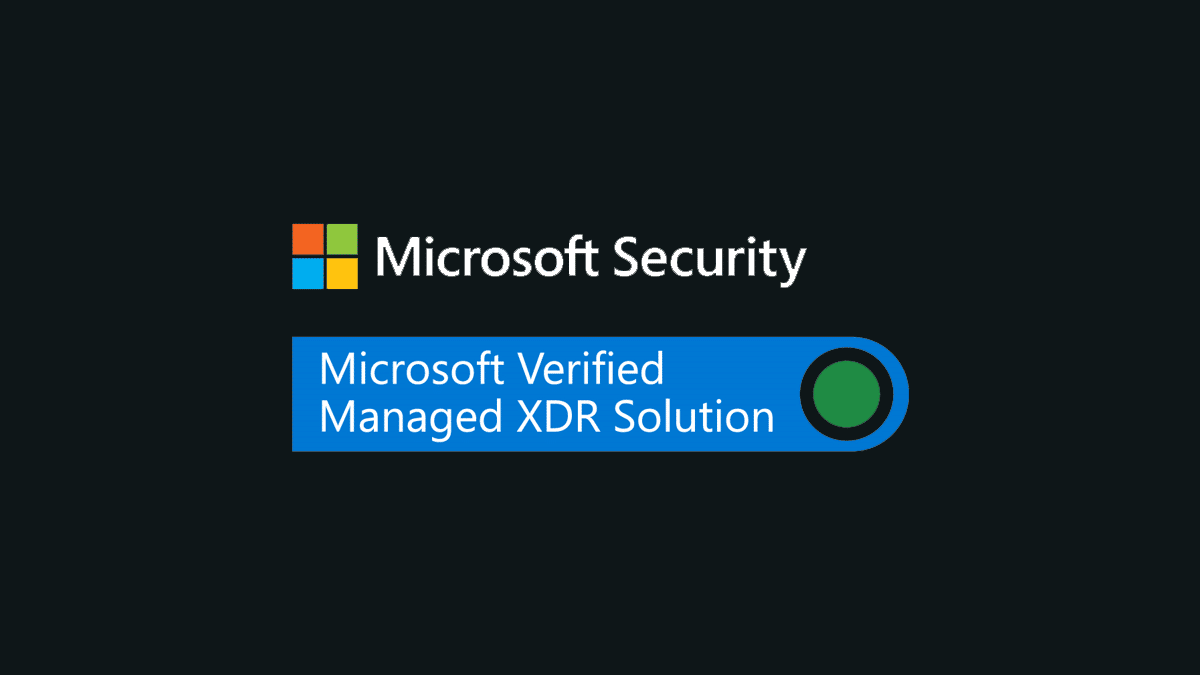Resources
An insight into our world.
What we do
Industry
Technology
Content Type

Case studies

Webinars on-demand

Microsoft’s Security Service Edge (SSE) Demo: Achieve global secure access
Discover how to bridge the gap between identity and networks whilst providing your users with a safe, frictionless digital experience from any location.

Microsoft’s Identity and Entra roadmap for 2024

How to optimise your Azure and Microsoft 365 spending
Learn how to gain in-depth usage, productivity and governance analysis of your Microsoft licensing surfaced securely at speed.

Great emails start here
Sign up for free resources and exclusive invites
Subscribe to the Kocho mailing list if you want:
- Demos of the latest Microsoft tech
- Invites to exclusive events and webinars
- Resources that make your job easier



























Got a question? Need more information?
Our expert team is here to help.



















